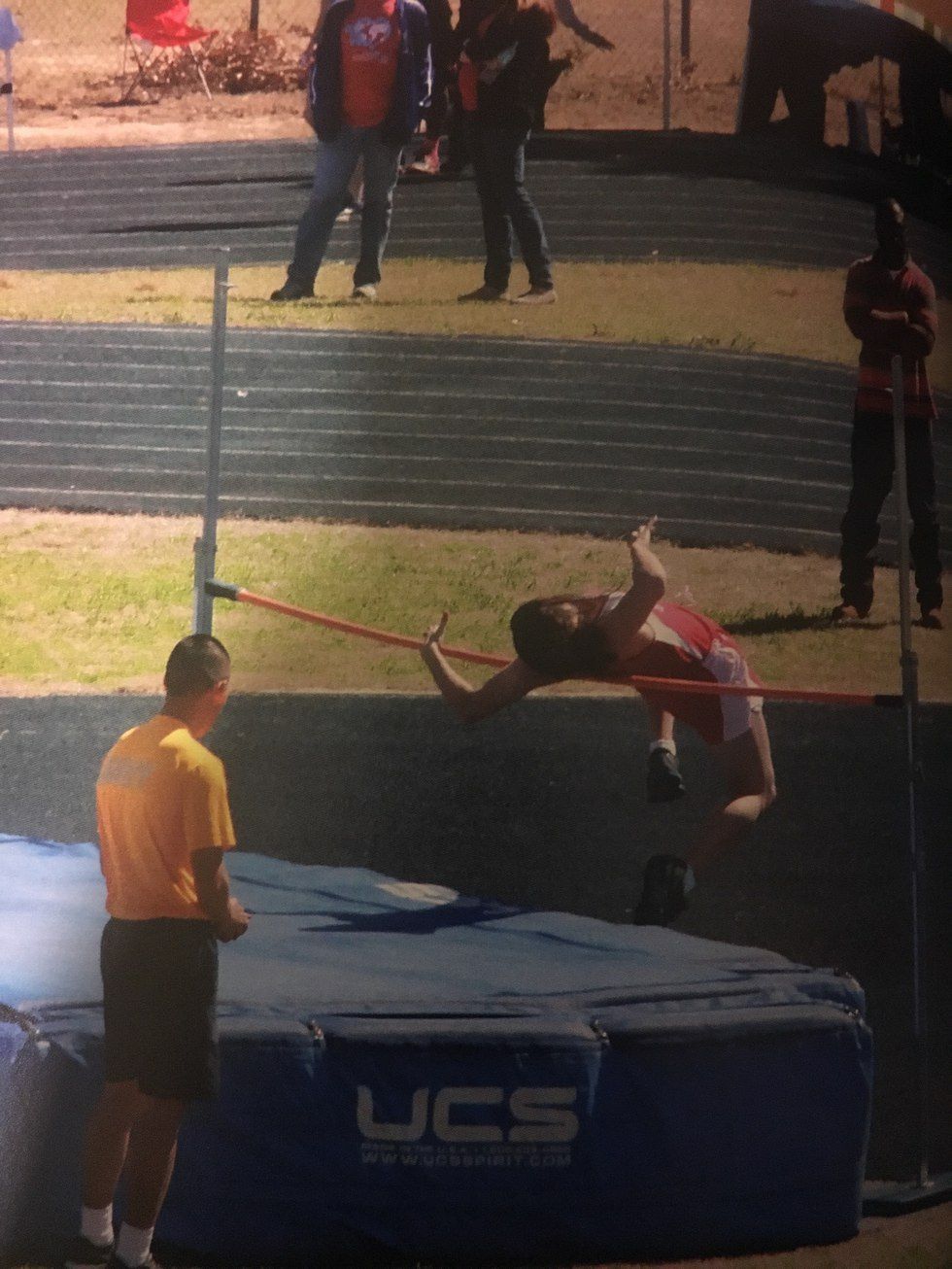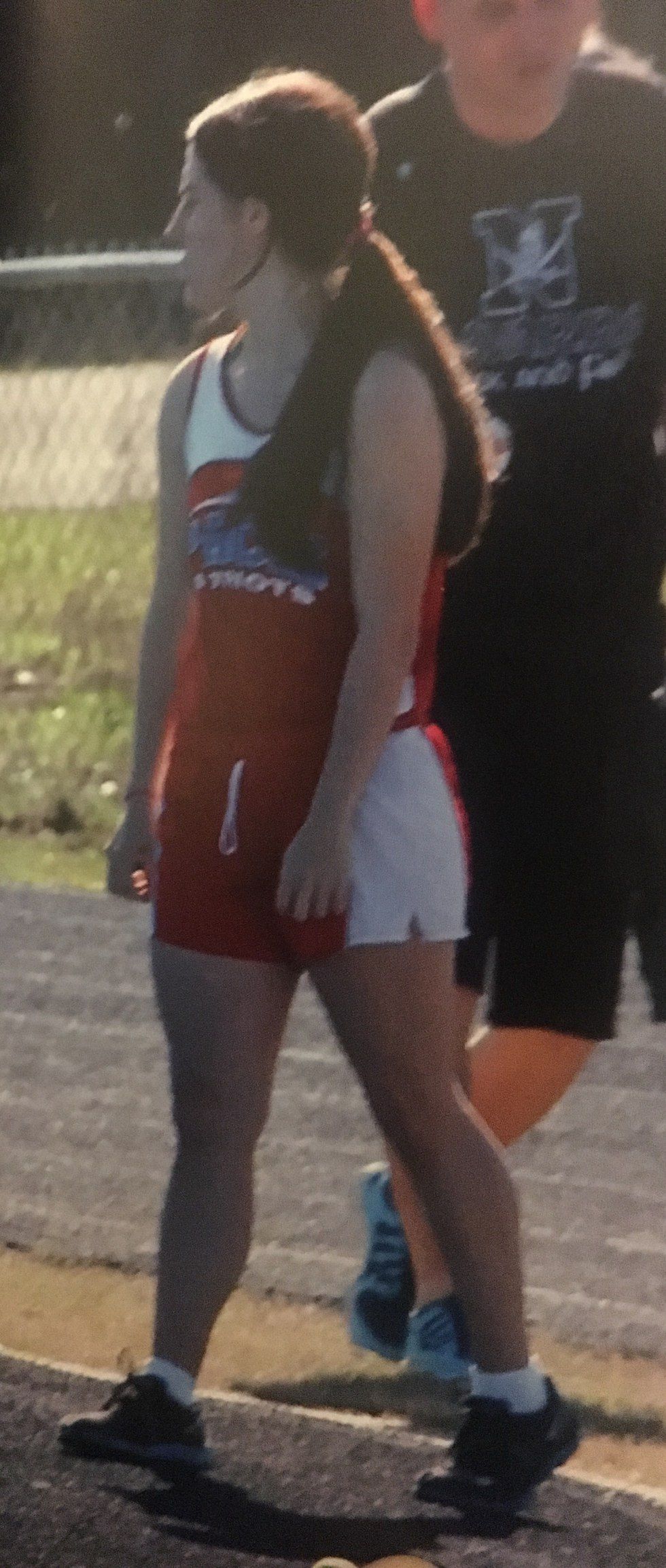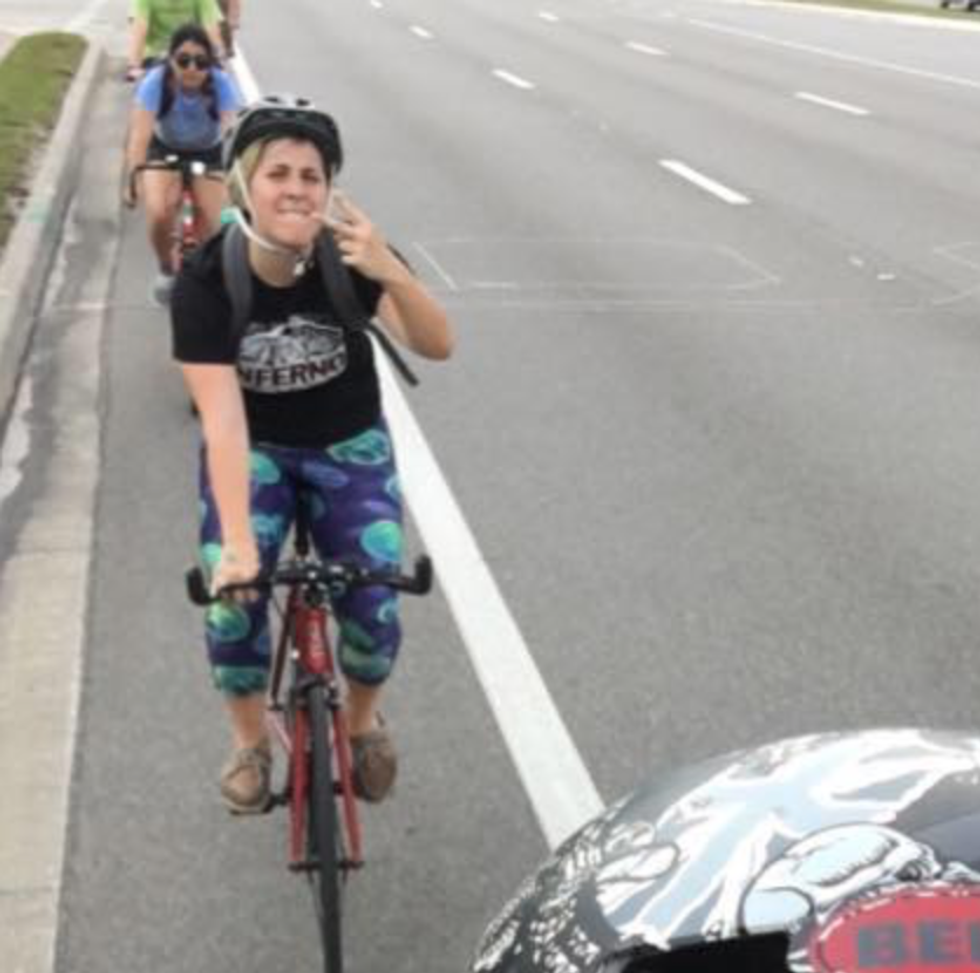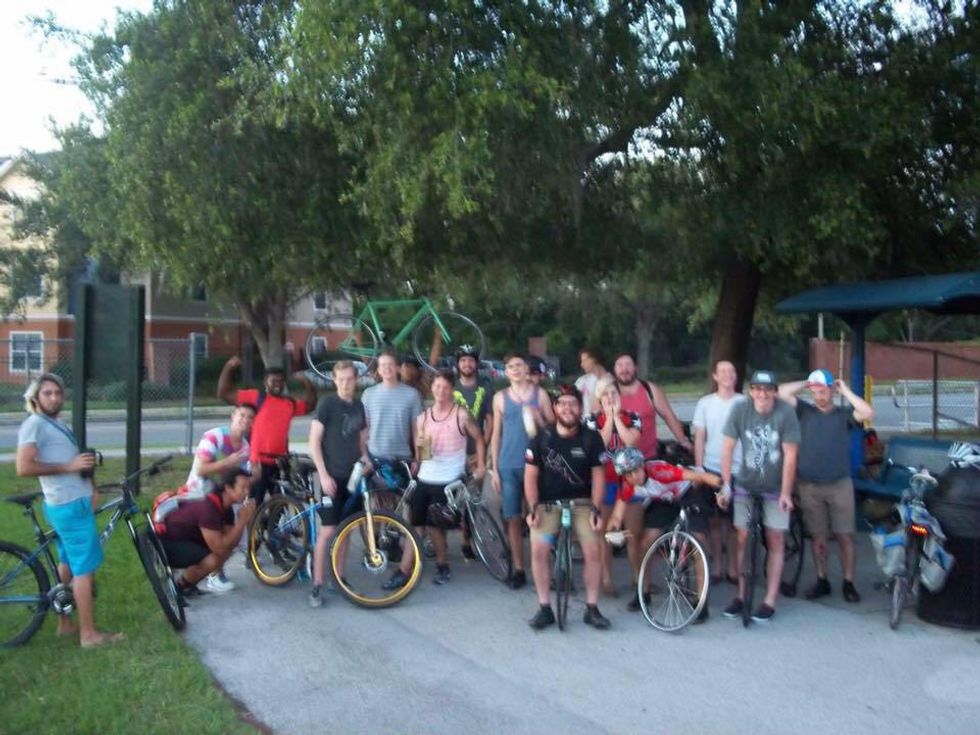I know how much getting injured in high school sucks probably just as much as everyone else. I was a lettered Track Athlete and ran cross country. However my cross country career didn’t last long as I dislocated my knee mid season during a training run. I was committed though and even after I dislocated my knee at practice I ran another mile on it, in excruciating pain.
Eventually I stopped, and when I stopped moving the pain was too much to even walk. I sat down on the ground, shaking, and although I pushed my knee back into place, it was wobbly and insecure. My coach had been tilling the ground in his truck for the race the next day and he picked me up and drove me back to my car.
I went home, iced it, threw on a brace, and continued running, albeit much slower than I could before. Practices soon just turned into me “walking it off” and worse of all I was no longer improving but regressing.
Doing so, I was just systematically destroying my knee further and further.
By the time that spring came along and Track and Field season started, my knee wasn’t great. In fact, it was awful. The muscle in my thigh had disintegrated, it was noticeably smaller than the thigh muscle on my better leg.
That season was hard, my knee still felt wobbly, but luckily it didn’t pop out. However, as a sprinter and high jumper I was doing a lot of intense running and exercises. I tried everything I could. The coaches let me run on the grass next to the track with my shoes off or walk it off every now and then. But you can’t walk off a disintegrated muscle.
One day, it just became too much. Because of the months of compensating my other knee gave out. There was a trainer from the Andrew’s Institute (a prestigious institute that specializes in sports injuries), she looked at my leg and told me what other doctors didn’t. The muscle was noticeably smaller and if I continued then my knees might be irreparable.
I was able to get an appointment and later that week they got me in to look at it. They told me I couldn’t run anymore. I was devastated. There was an invitational in a few days and I was supposed to jump for high jump at it. They got me in for an MRI and looked to see even more shocking damage.
(Pictured: Me jumping over the bar, I'm pretty sure I totally knocked it down too)
I had apparently dislocated my knee’s several times during my life, totaling to more than a dozen times on each knee. It was horrific. They said there was hardly any cartilage left and that bits of bone had been scraped off. They gave me the option of full knee replacement surgery on both knees, or physical therapy (although they did say that physical therapy most likely wouldn’t work). I went with the therapy. I went for several months and my muscles started to regrow. I went back to running but I took it slow. My skill would never be great and every time my knee started to give out I would stop.
My senior year of high school I had regressed in my sport. I decided that I wasn’t going to continue running Track after my senior year so I sure as hell was going to finish out my running career rather than just quitting after my junior year when I sustained my injuries.
(Pictured: Me my senior year of high school. Before my approach to the high-jump bar)
When I got to college I was depressed. I couldn’t run anymore. Sure, running was hard and not always fun, but I did enjoy it. I went to the gym and avoided the treadmill but did the stair master and elliptical instead. But nothing was as fun as running. I enjoyed the competitive atmosphere, I enjoyed racing. You can’t race anyone on a stationary workout machine. My knees started acting up again so I switched over to weights and worked on lifting and upper body workouts. I maintained my exercises for my knees when I was stretching at the end of my workouts, but that was about it.
It just wasn’t enough.
One day, a good friend of mine told me that he was getting a bike and encouraged me to get one too. So I did, I bought a bike and started cycling. I found that I loved it. It was low impact on my knees, but great for cardio, and best of all I could go faster than ever before.
(Pictured: Me on a ride with some friends, also I chopped all my hair off and bleached it)
I loved sprinting because it felt like I was flying. Pushing my body as hard as I could, each step faster than the last. The wind on my face and my hair being blown back. There wasn’t anything like it. After my injuries, I felt like a bird with clipped wings. I felt purposeless. When I got a bike, I could fly again. And I could go faster on a bike than I ever could with just my legs on their own.
I got more into cycling and found a group of people who rode every week. I started joining them, upgraded my bike to a road bike, and since then I’ve never stopped flying.
(Pictured: My biking buddies)
To those out there that got badly injured in high school in their sport, this isn’t the end. It took me two years before I found my niche, but I found it. Keep on trying and keep on searching. I know how devastating it is to not being able to do your sport anymore. I really do. But the world doesn’t have to end. I promise you that you can find something.

























